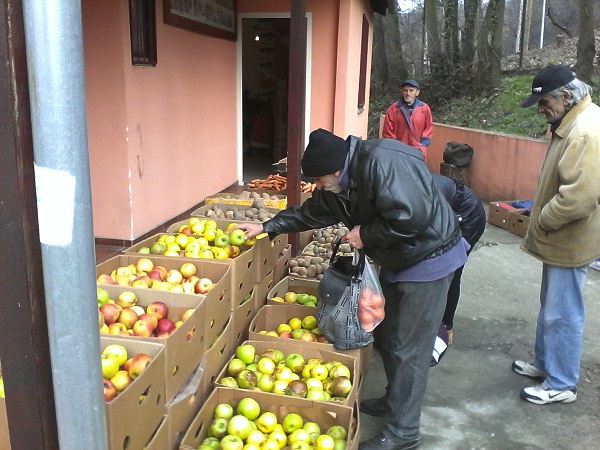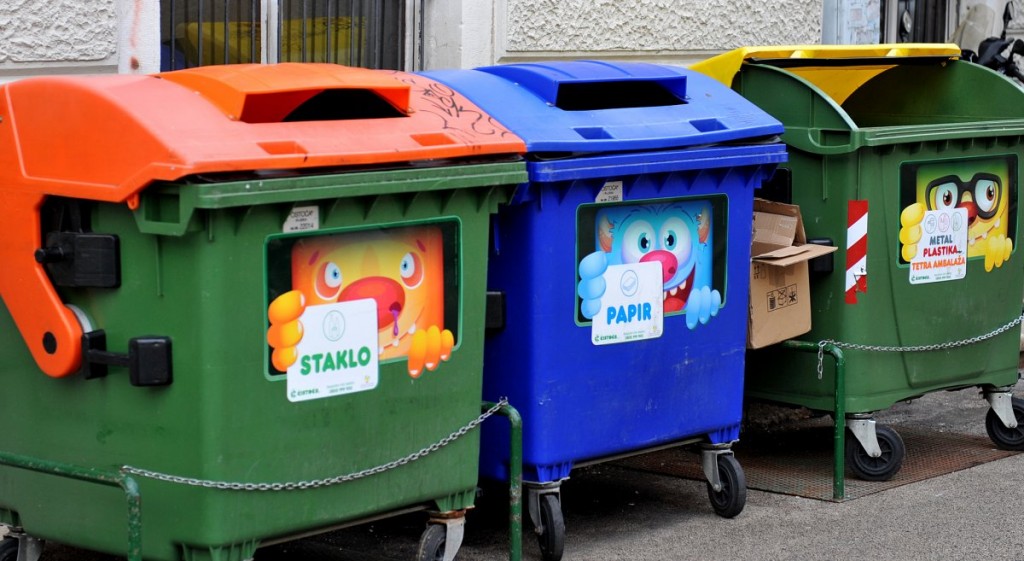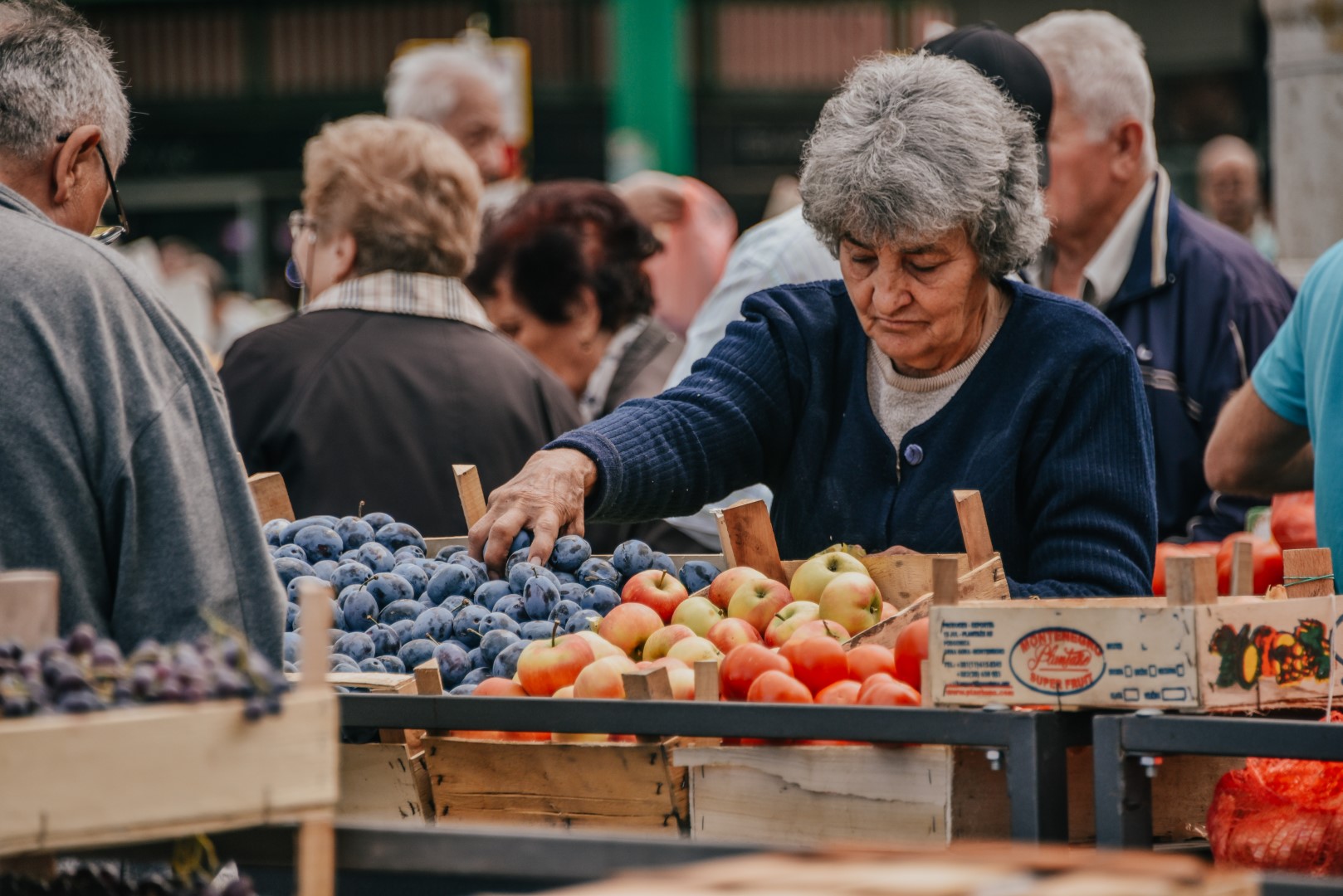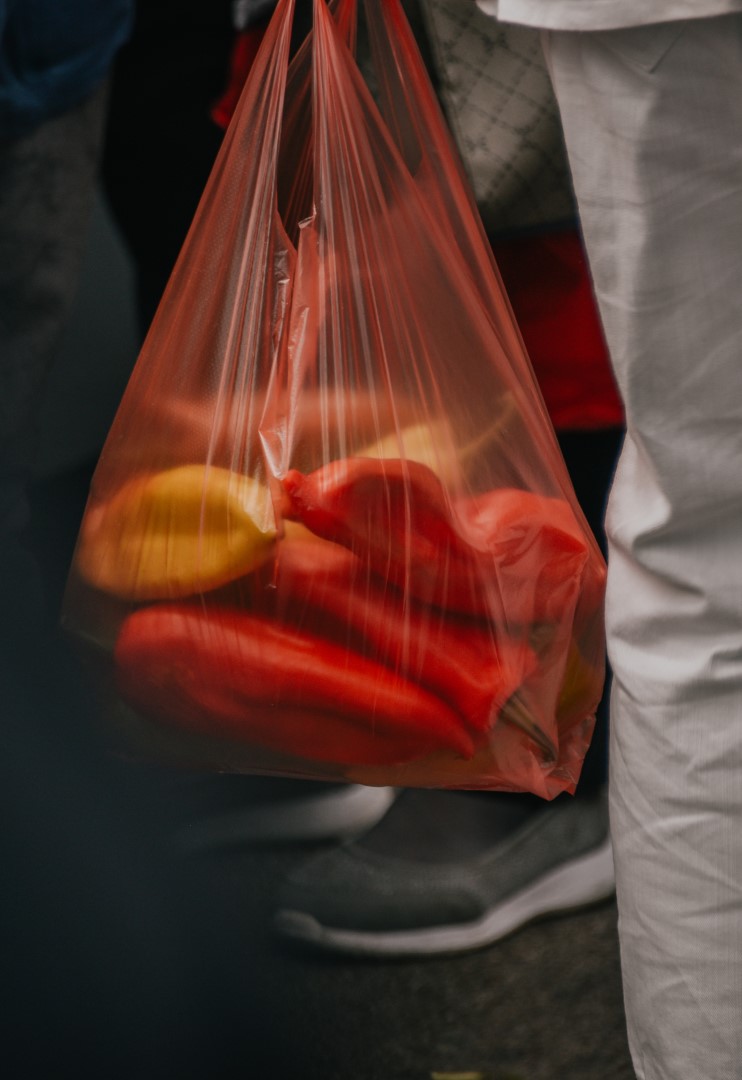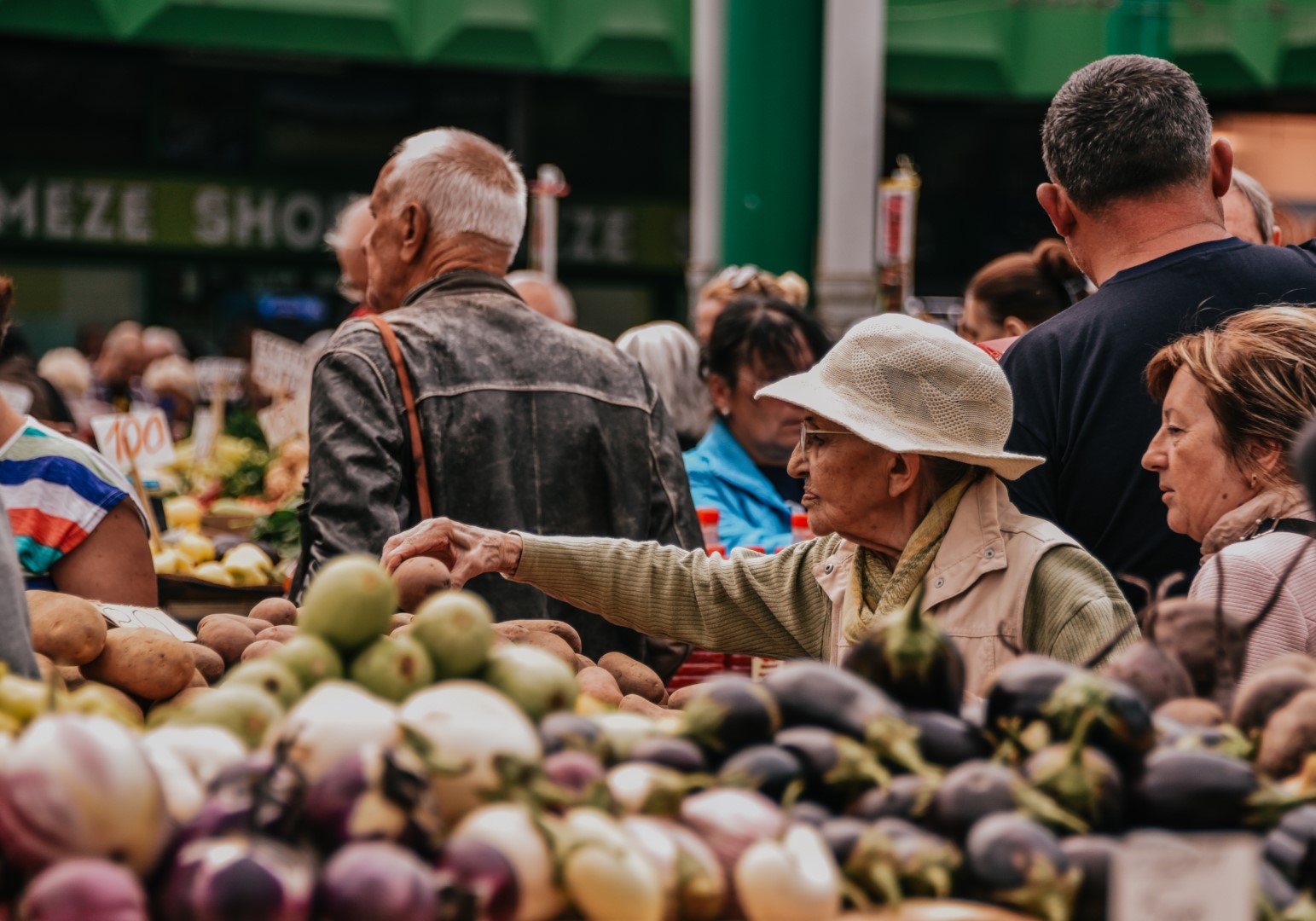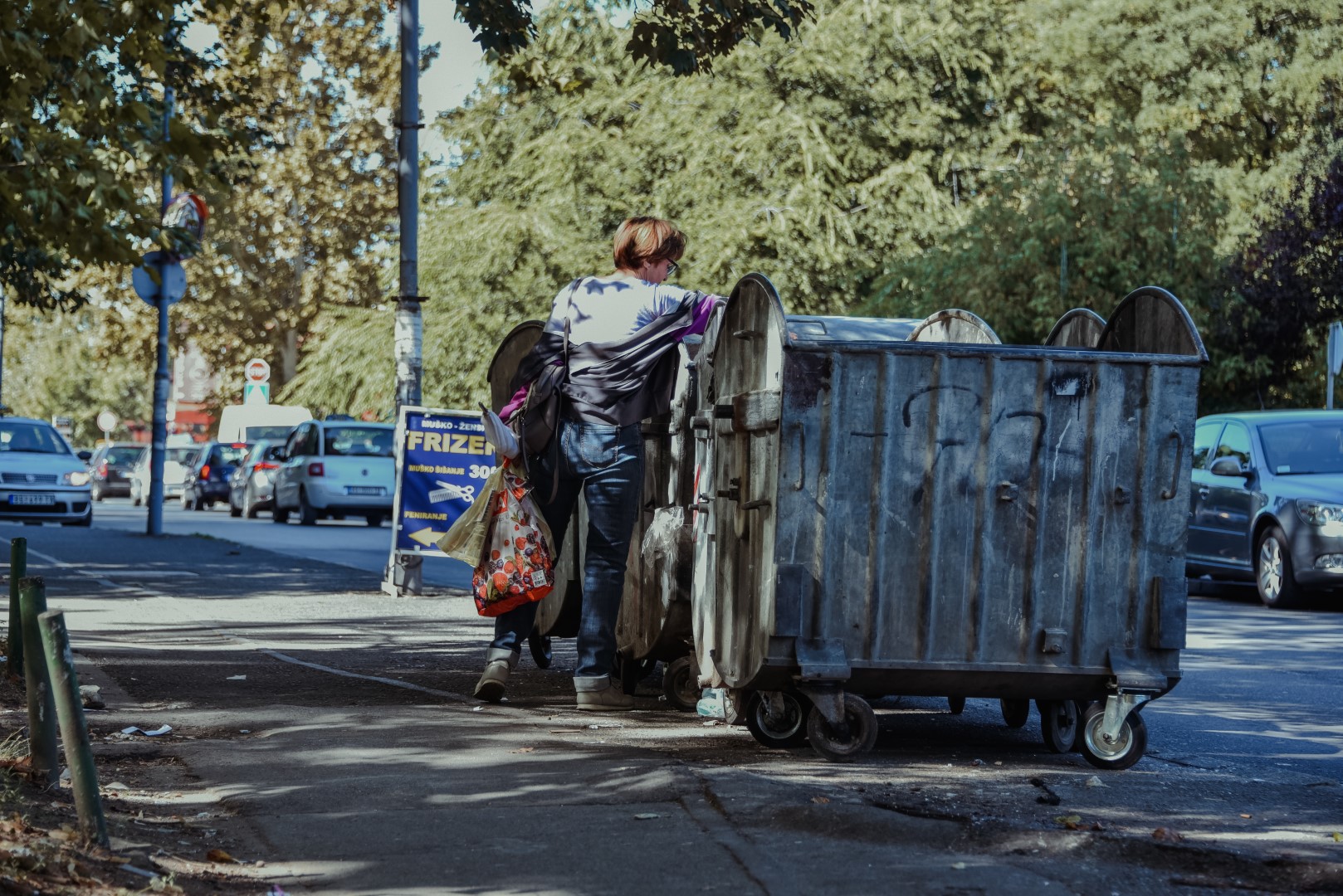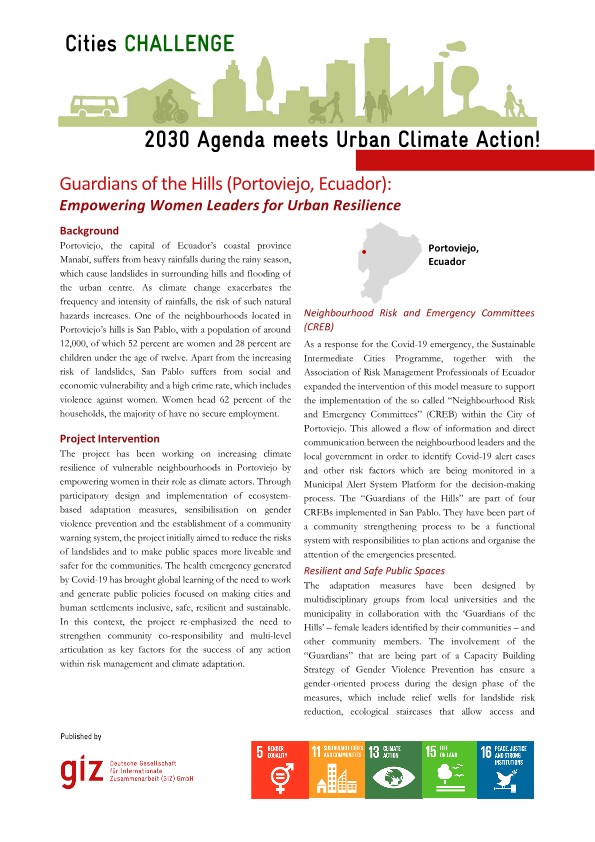Serbia
The Food Shifters
Belgrade’s Savski venac neighbourhood
The Food Shifters is an Urban Living Lab of the CitiesCHALLENGE 2030 (2019-2021). It sought to tackle the lack of systematic monitoring of the food waste chain and improved food waste collection and redistribution. It introduced a voluntary scheme for sustainable food waste management in the city of Belgrade. The use of digital technology is key for achieving this through designing a digital platform and tailor-made apps for different users. With the Urban Living Lab it is assumed that the improved management will result in reduced environmental damage from food waste while also providing socio-economic benefits such as food security.
Most importantly, this Urban Living Lab worked with a multistakeholder cooperation approach to help groups such as vulnerable women, restaurant owners, NGOs and other neighbours to redistribute food waste. The idea of a circular economy was core to this approach.
Learn more about the food shifters Urban Living Lab in the Savski venac neighbourhood in Belgrade, Serbia.
Facts
- WHO
- WHAT
- WHEN
- WHY
- GERMAN DEVELOPMENT & COOPERATION PARTNERS
- BUDGET
50 000 € co-funding by UNDP
Ljubica Kovačević
Member of the Roma community in the Savski venac neighbourhood in Belgrade, Serbia
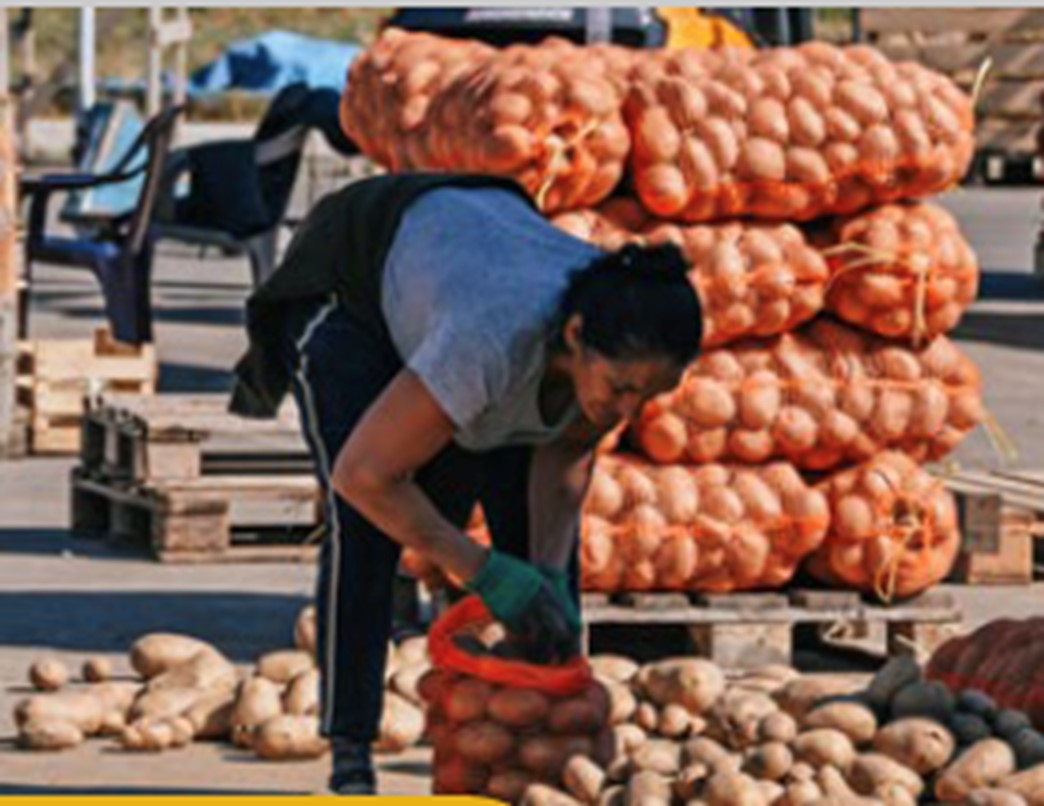
Ljubica Kovačević: “People will throw away lots of things, many of which can be used for me and my family.”
Surplus food can save lives
Serbians like to say that bad luck never walks alone. Sadly, many women in the country could confirm this. Particularly women from minority ethnic groups are often confronted with a combination of domestic violence and other challenges such as poverty and its most severe consequence: the lack of food. This is why the project Food Shifters, with its idea to collect surplus food and distribute it to vulnerable groups of women, is perfectly aimed at those women suffering multiple strings of bad luck. The following excerpts from interviews with marginalised women from Belgrade corroborate the importance of tackling food insecurity: ‘I came back to live with my parents who are elderly and ailing and who receive very small pensions; we live in a rented flat,’ says Marija Jovanović, a 33-year-old woman from Belgrade. ‘Three adults and my two small children – it is impossible to feed them the whole month, especially as the children always need something. And these things are very expensive.’ Marija Jovanović used to live with a man who was a hardened gambler, and who was violent towards her on several occasions. Shortly after giving birth to her second child, she managed to run away, assisted by her neighbours.
Ljubica Kovačević (46), also from Belgrade, belongs to the Roma community. She emphasises that she is proud of her origin, while also detailing her challenges to provide food: ‘We mostly lack fresh milk for the children and quality food, at least for the young ones. There are many to feed, and we are often not able to cook a single proper meal a day, even though we do our best and do whatever we can. Potatoes are cheap, and so is flour, you can make different things with them and they can keep.
But there is no fruit, no vegetables…that is what we all need.’ When talking about finding food, she says: ‘I am not ashamed to do honest work. I don’t want to steal, but I am not embarrassed to pick things people have thrown away. People will throw away lots of things, many of which can be used for me and my family. The only problem is that people will call you different names when you are looking for things on the street, or when asking them for help or work. I am Gipsy, so what! But I am honest. It is terrible what they do to us and how they regard us all without any empathy.’
She lives in a house with no running water, but she says that the most important is to have a roof over their head. They mostly use water from their neighbour’s house. She has three daughters and nine grandchildren. They all live together, including the partner of one of them.
One of the daughters and her husband have permanent jobs and average salaries. Others do temporary jobs, circumstances permitting. ‘Together with this other household, we regard ourselves as one large family. They have the head (an older male family member), but there are also a lot of women – seven, not taking children into account. We help each other as much as much as we can, but this is not enough.’ All participants in the project, focus groups, interviews and workshops contributed significantly to understanding which models could potentially facilitate the dignified distributionof surplus food.
‘I need a job; the baby is young and we need clothes and food… we are not asking for much. Women from the organisation support me as much as they can, and I think it is important that there is a manner in which foodstuffs could be donated. At least something, so that we can make it to the end of the month. I am grateful for any type of assistance, and I know that I would like to be able to give back sometime,’ says Marija Jovanović from Belgrade.
Unlike Marija Jovanović, the family of the 46-year-old Roma woman needs food, including fresh fruit and vegetables, every day. They would prefer to cook it by themselves, saying that this way they are sure they could cook more, but they would not be opposed to occasionally getting a sufficient number of portions from a restaurant for example.
These interviews show the importance of collecting surplus food and distributing it in a dignified manner according to different needs. In some cases, it is necessary to consider working hours. In others, the possibility or impossibility of leaving home has to be respected. Women may feel embarrassed, stigmatised or even threatened by organisations they do not trust. All these factors must be taken into consideration in order to create a high-quality, equal and humane redistribution of surplus food which can save lives.
Resource Hub
Factsheet Serbia
Download the CitiesCHALLENGE Factsheet from our Resource Hub!

